公司新闻
1、旧路的预处治
1. Pre treatment of old roads
要求在设计和施工时,根据各路段的不同特点,进行详细的调查和方案调整。
Detailed investigation and scheme adjustment are required during design and construction based on the different characteristics of each road section.
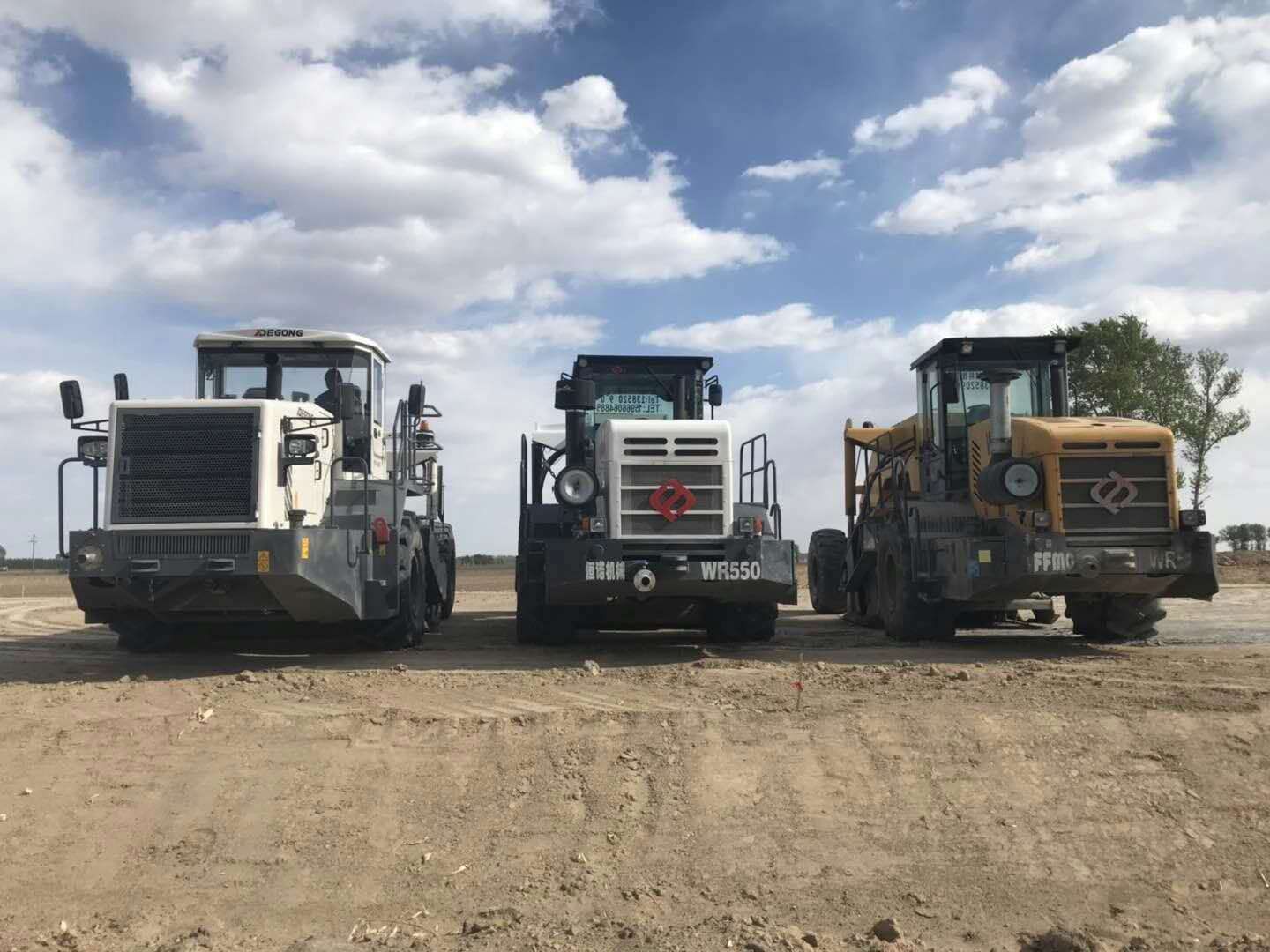
2、再生深度
2. Regenerative depth
再生后层面的厚度主要取决于再生深度。再生深度太浅,会使再生层的厚度小于设计要求的厚度,层厚是决定路面结构稳定性的重要指标。因此,必须随机钻孔取样检查。如果检测值偏离设计值,应及时调整冷再生机深度,使其达到设计深度要求。
The thickness of the regenerated layer mainly depends on the depth of regeneration. If the regeneration depth is too shallow, it will make the thickness of the regeneration layer less than the design requirement, and the layer thickness is an important indicator that determines the stability of the pavement structure. Therefore, it is necessary to randomly drill holes for sampling and inspection. If the detection value deviates from the design value, the depth of the cold regeneration machine should be adjusted in a timely manner to meet the design depth requirements.
3、接缝
3. Seams
为了保证全幅路面的再生施工,相邻两个再生幅面的搭接宽度设为20cm.对预先标记在路面上的铣刨标示线进行检查,所有后续再生幅面的宽度至少应比铣刨毂的宽度窄15cm.若偏差超过10cm,则应立即倒退至开始出现偏差的地方,然后沿着正确的铣刨标示线重新施工。施工中,应尽量减少停机现象。纵向接缝的位置应尽量避开行车道上车辆行驶的轮迹。
In order to ensure the regeneration construction of the entire road surface, the overlapping width of two adjacent regeneration surfaces is set to 20cm. The milling marking line pre marked on the road surface should be checked, and the width of all subsequent regeneration surfaces should be at least 15cm narrower than the width of the milling hub. If the deviation exceeds 10cm, it should be immediately reversed to the point where the deviation began, and then reconstructed along the correct milling marking line. During construction, downtime should be minimized as much as possible. The position of the longitudinal joint should try to avoid the wheel tracks of vehicles on the lane as much as possible.
4、路面标高
4. Road surface elevation
现场冷再生层作为路面基层时,路面标高一般比旧路提高8~10cm,作为路面底基层时,路面标高一般比旧路提高23~28cm,由此引起的主要问题有:与结构物的衔接问题;与旧路接头的接顺问题;过村路段的排水问题。
When the on-site cold recycled layer is used as the base layer of the road surface, the road surface elevation is generally 8-10cm higher than the old road. When it is used as the sub base layer of the road surface, the road surface elevation is generally 23-28cm higher than the old road. The main problems caused by this include: connection with the structure; Connection issues with old road joints; Drainage issues on the village road section.


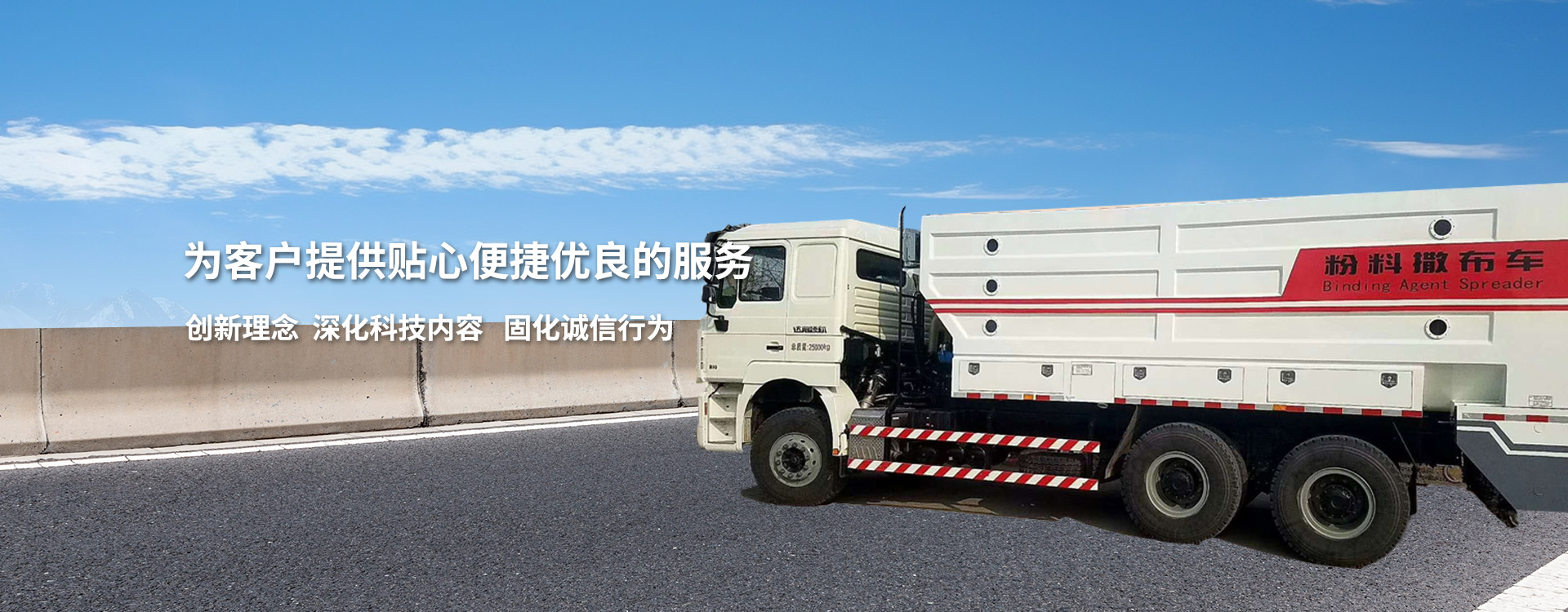
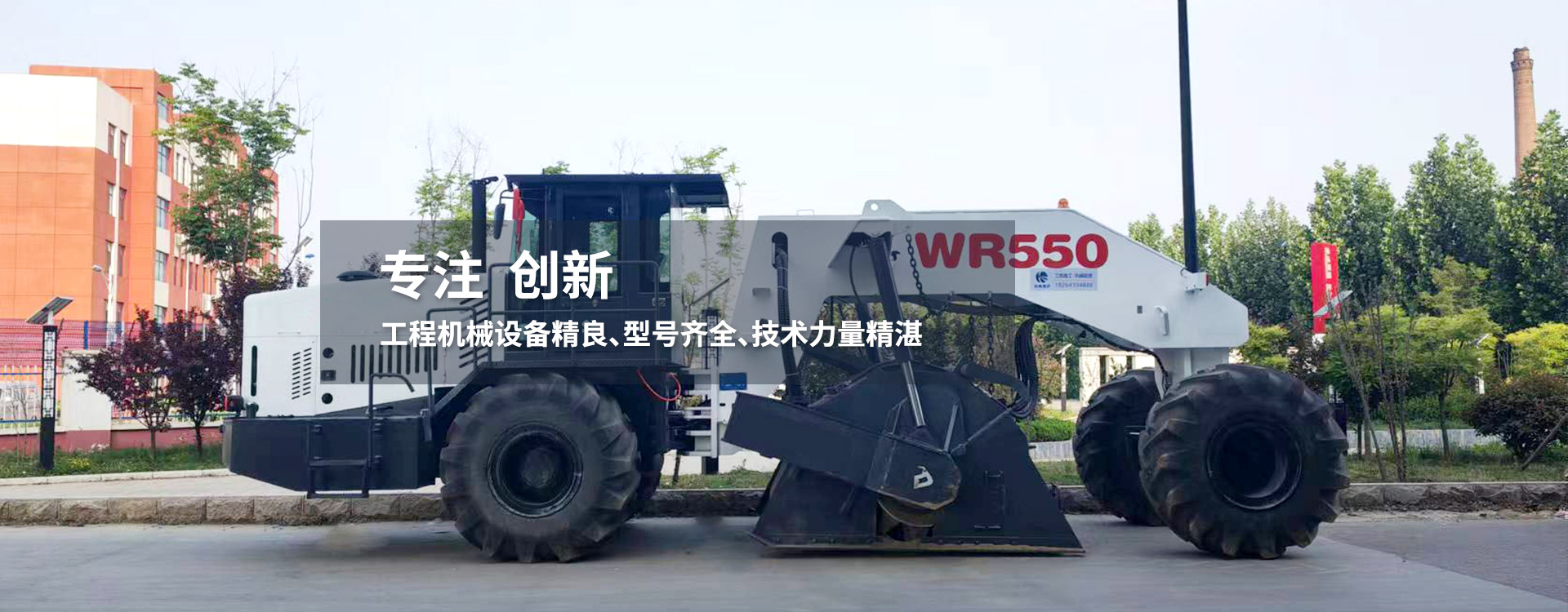
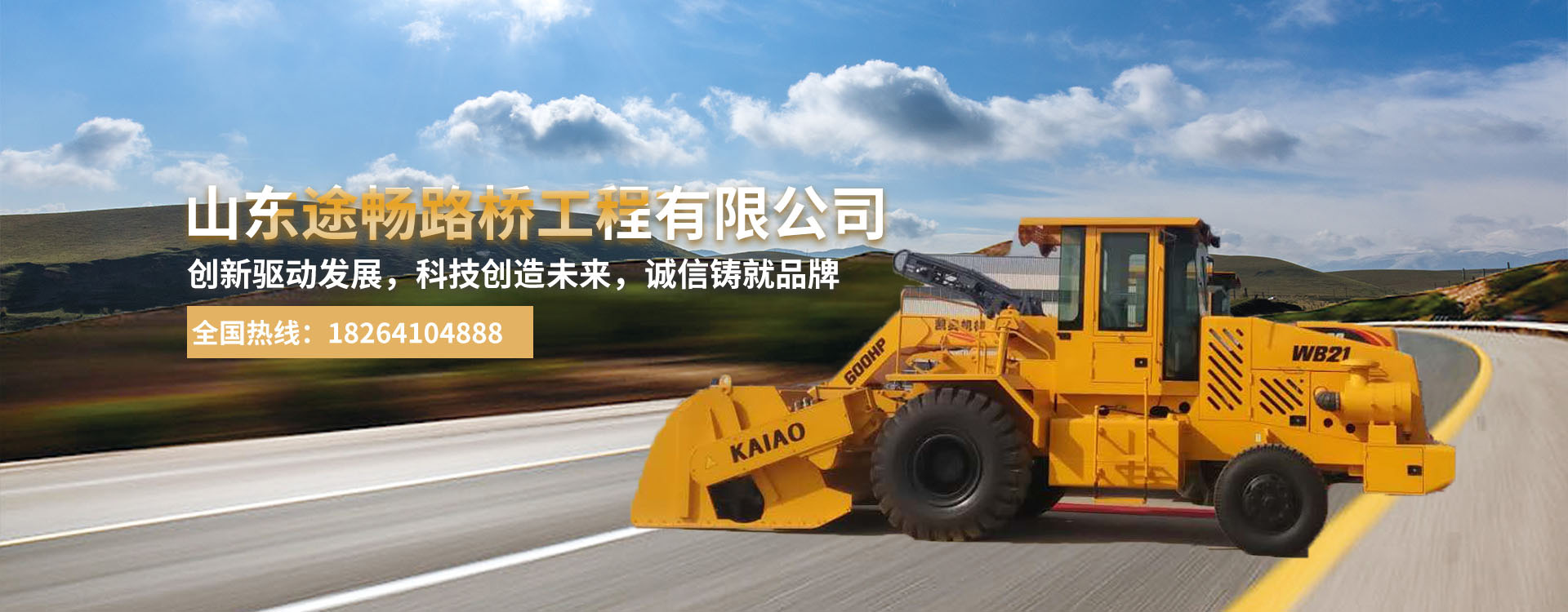
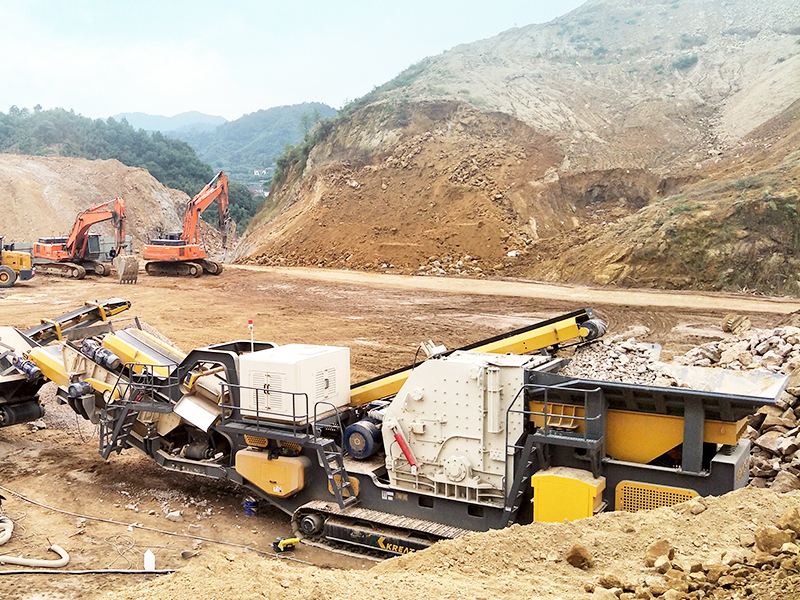
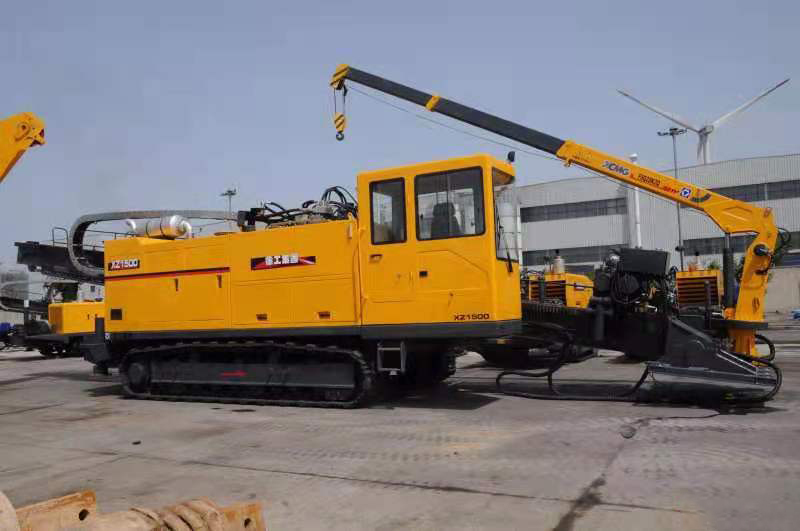
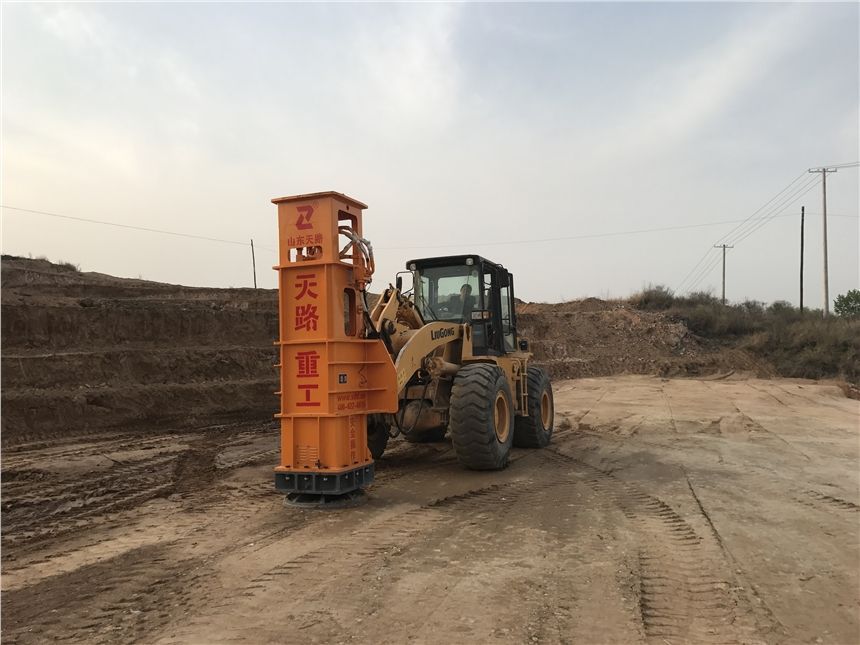
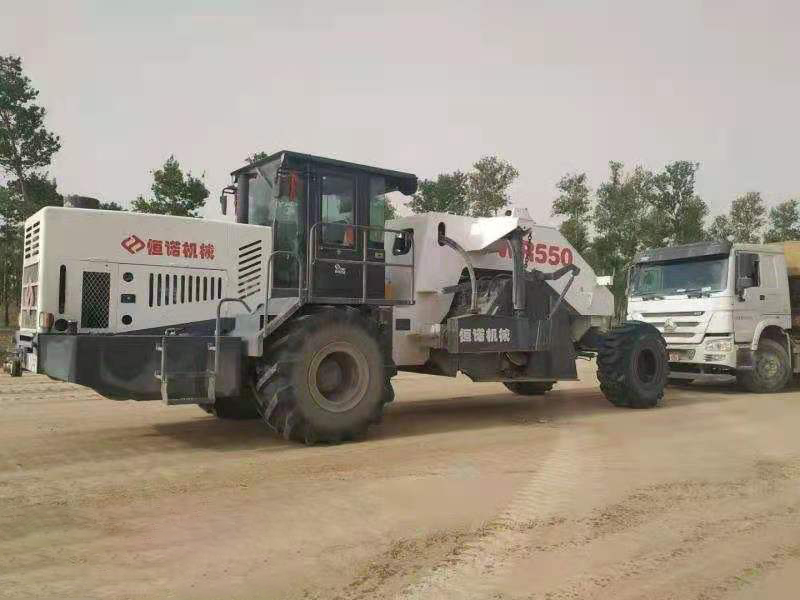
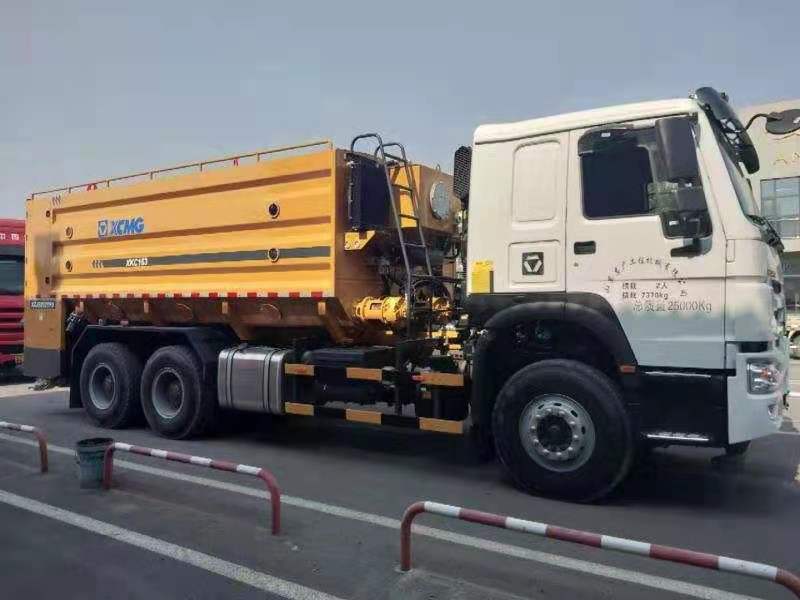
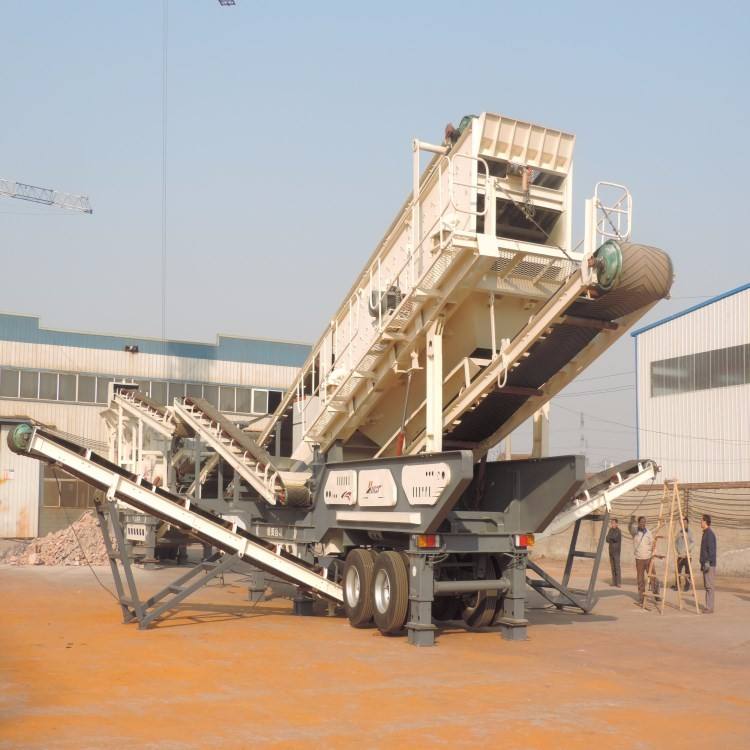
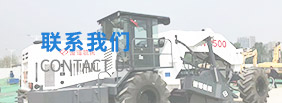
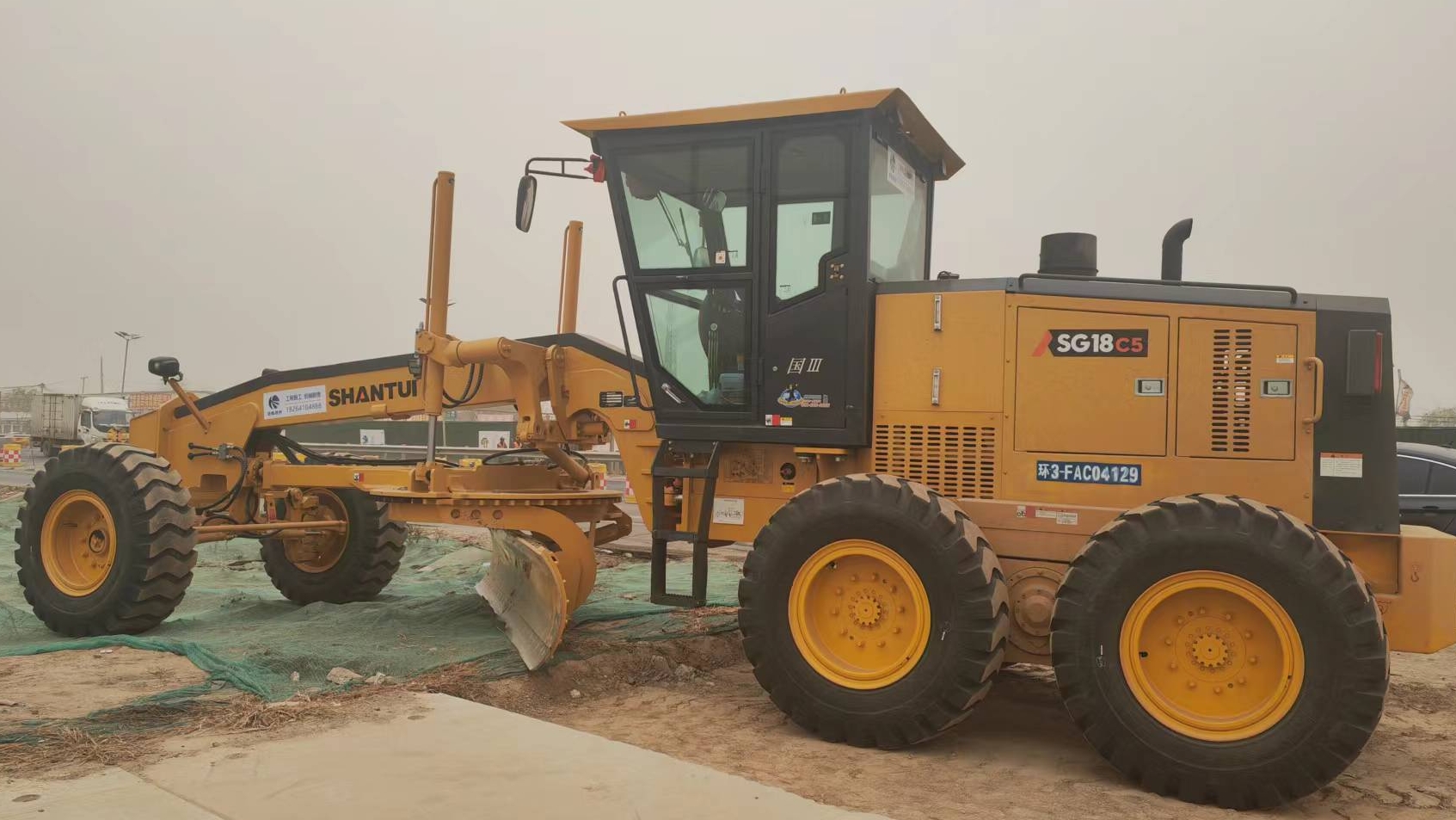
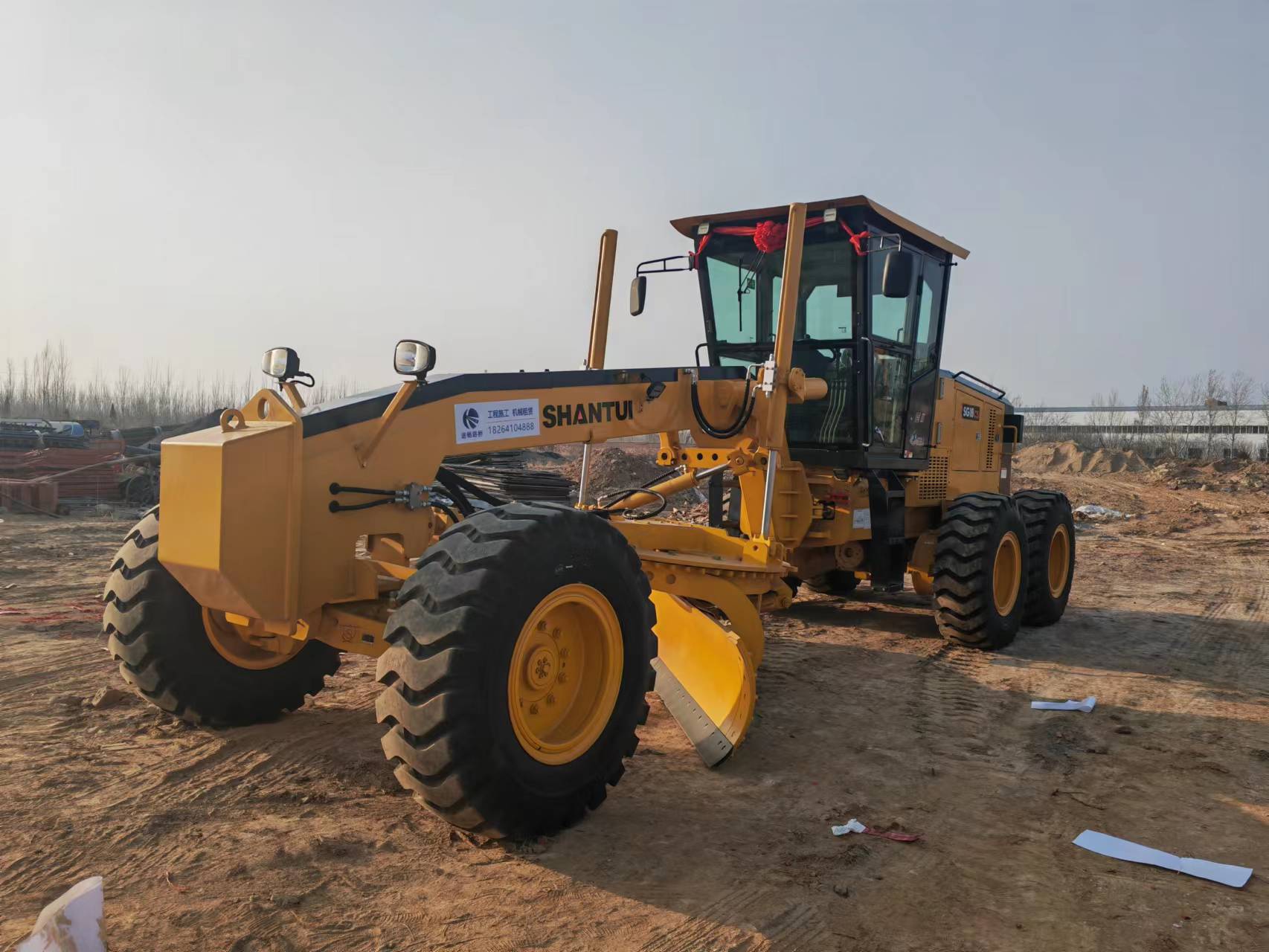
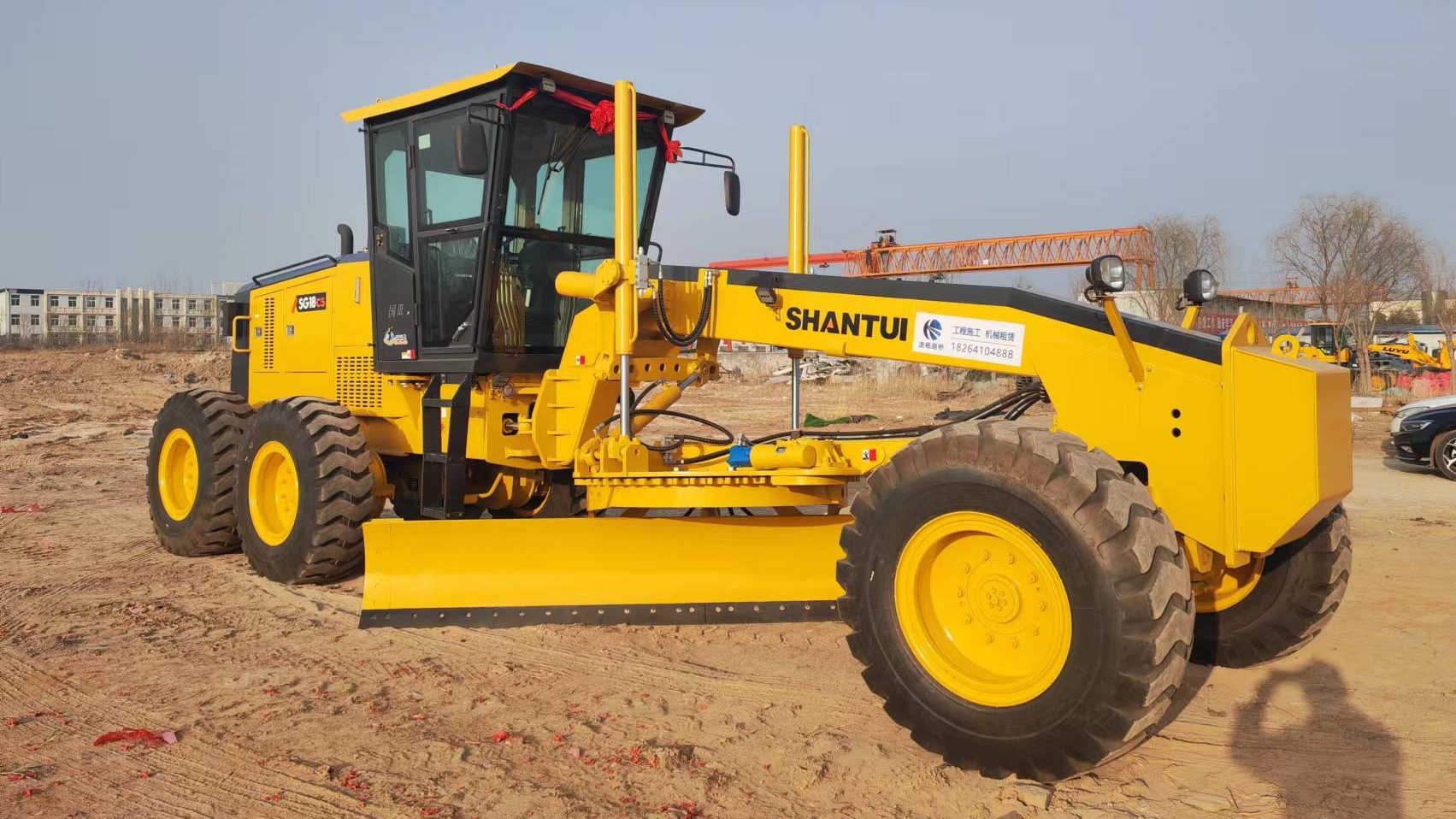
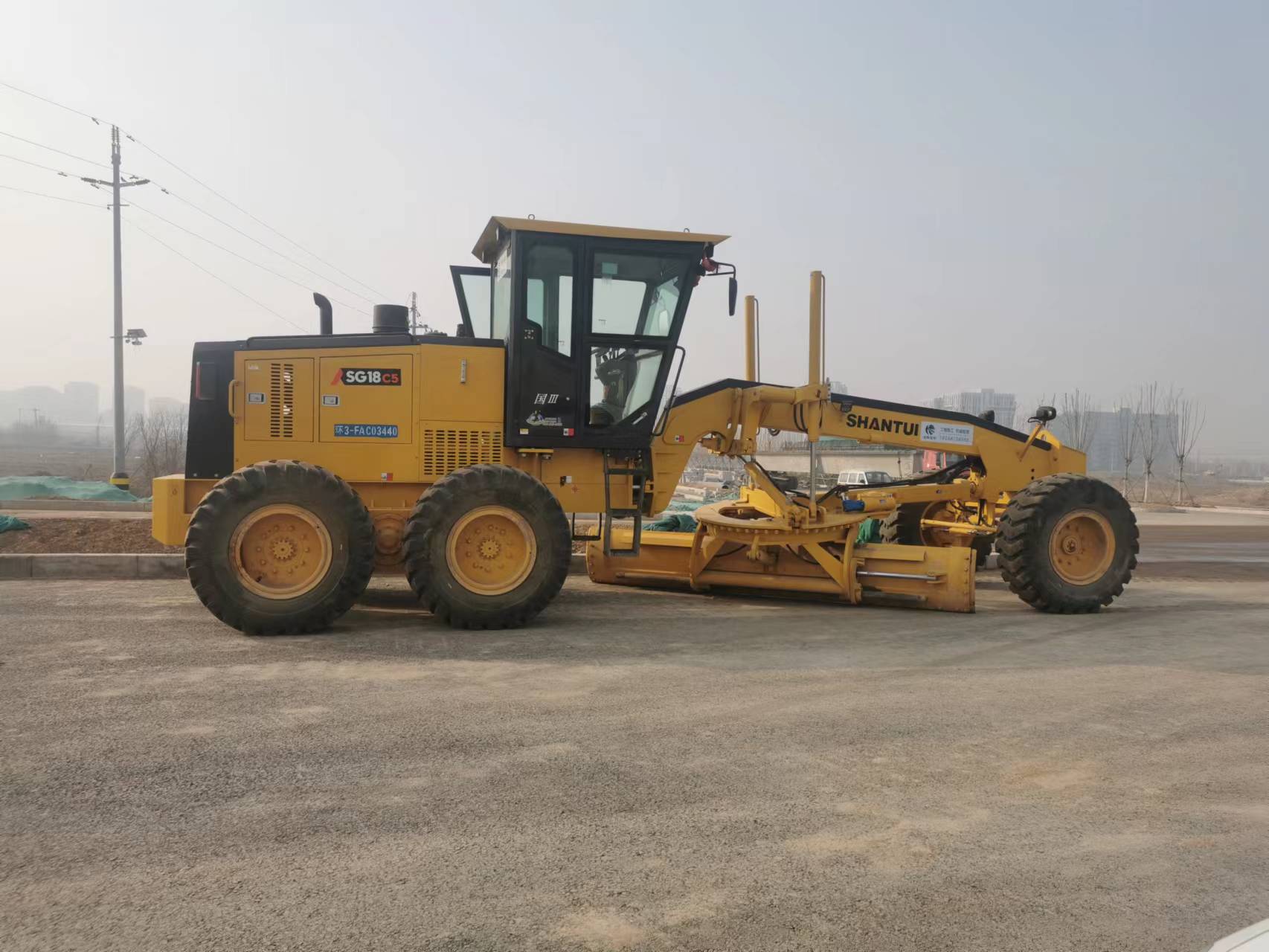
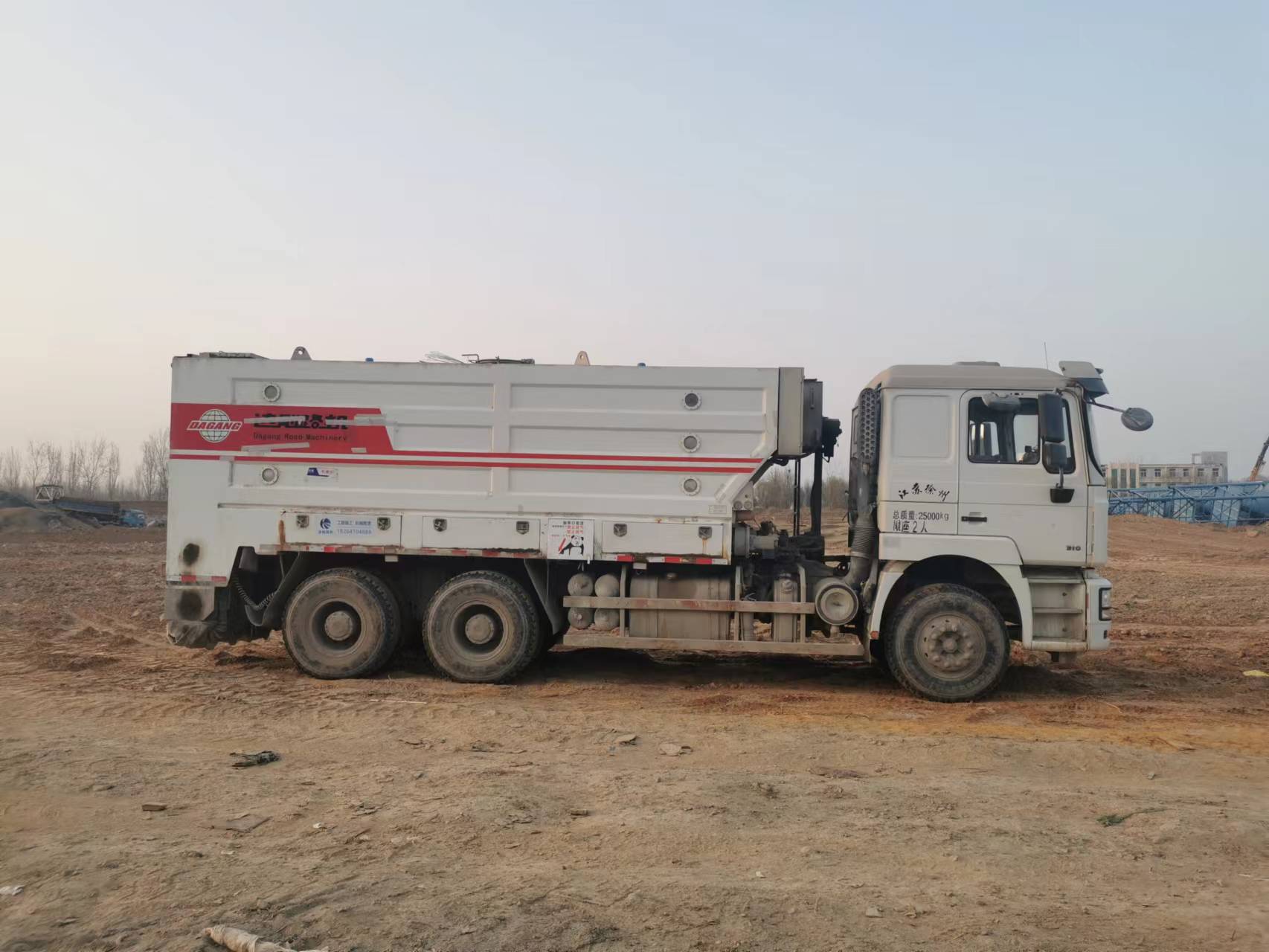
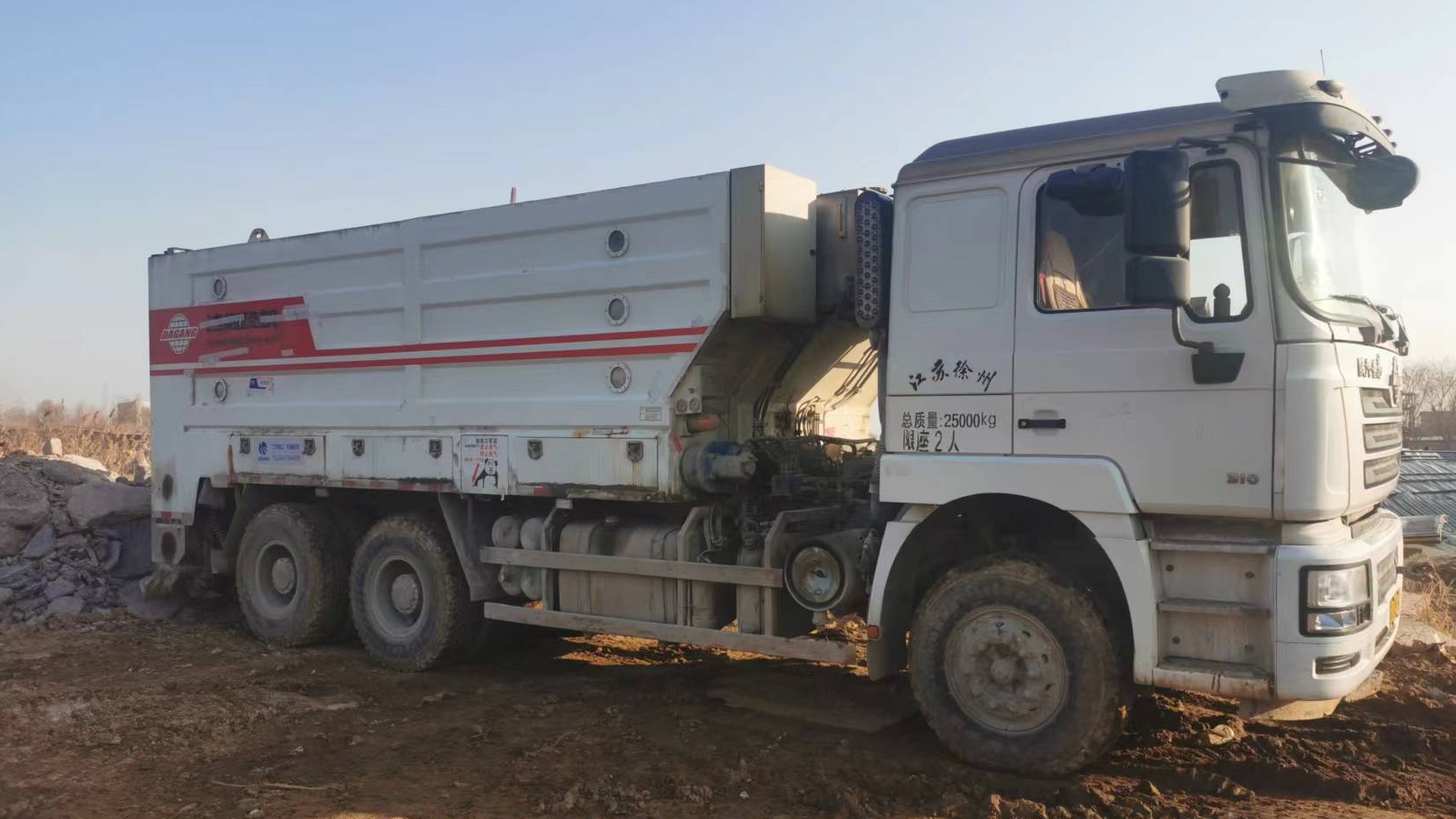
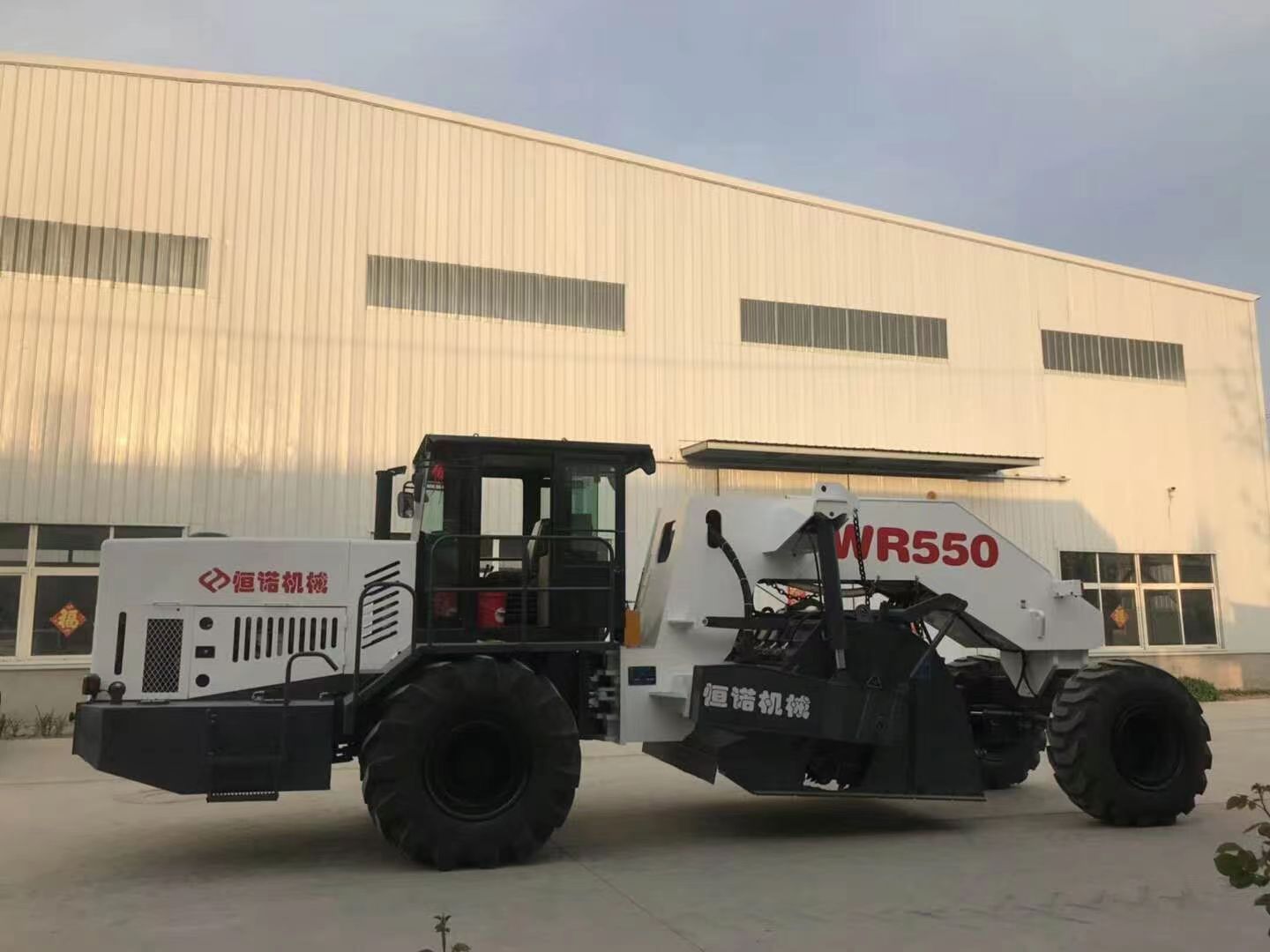
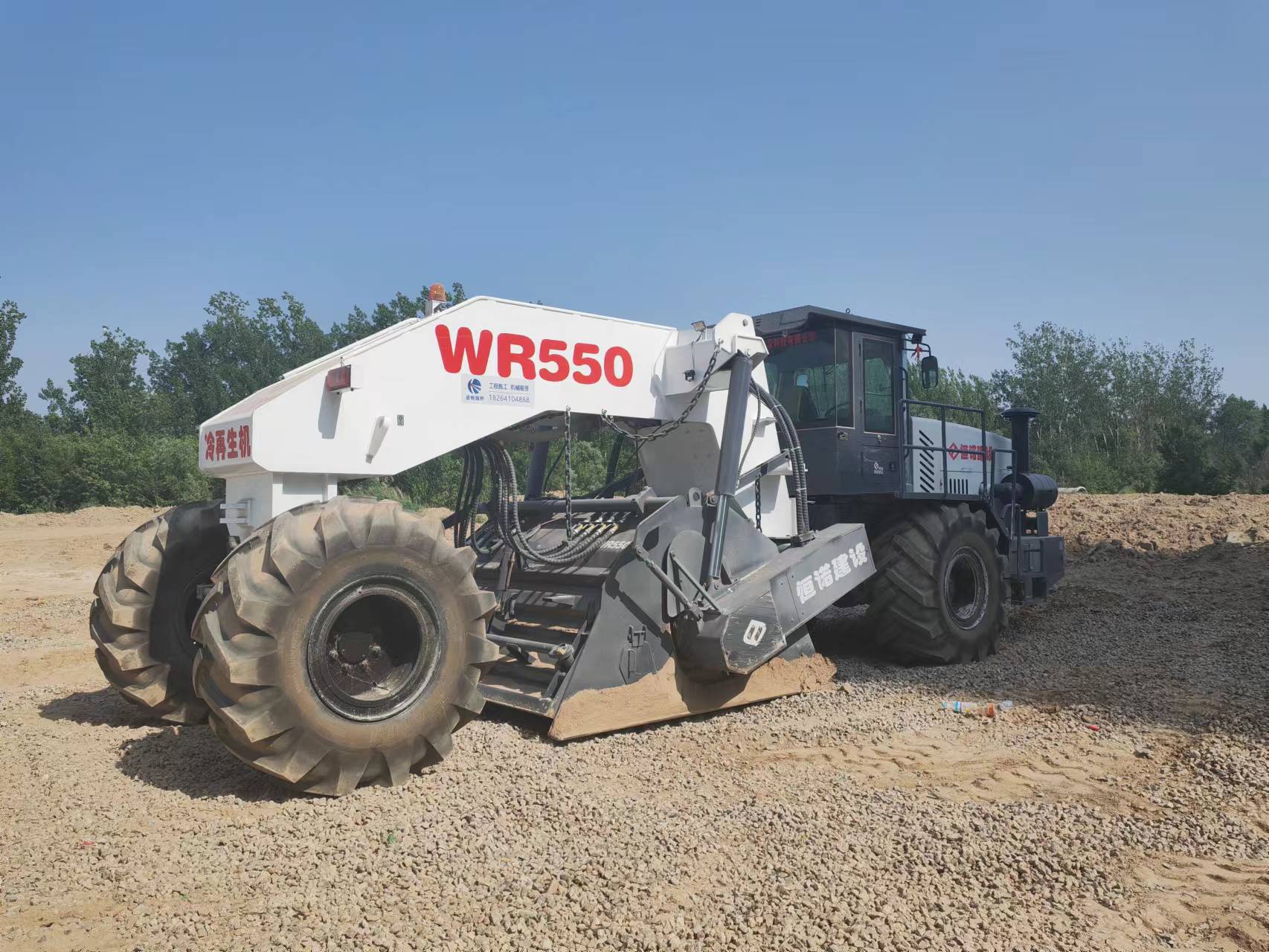
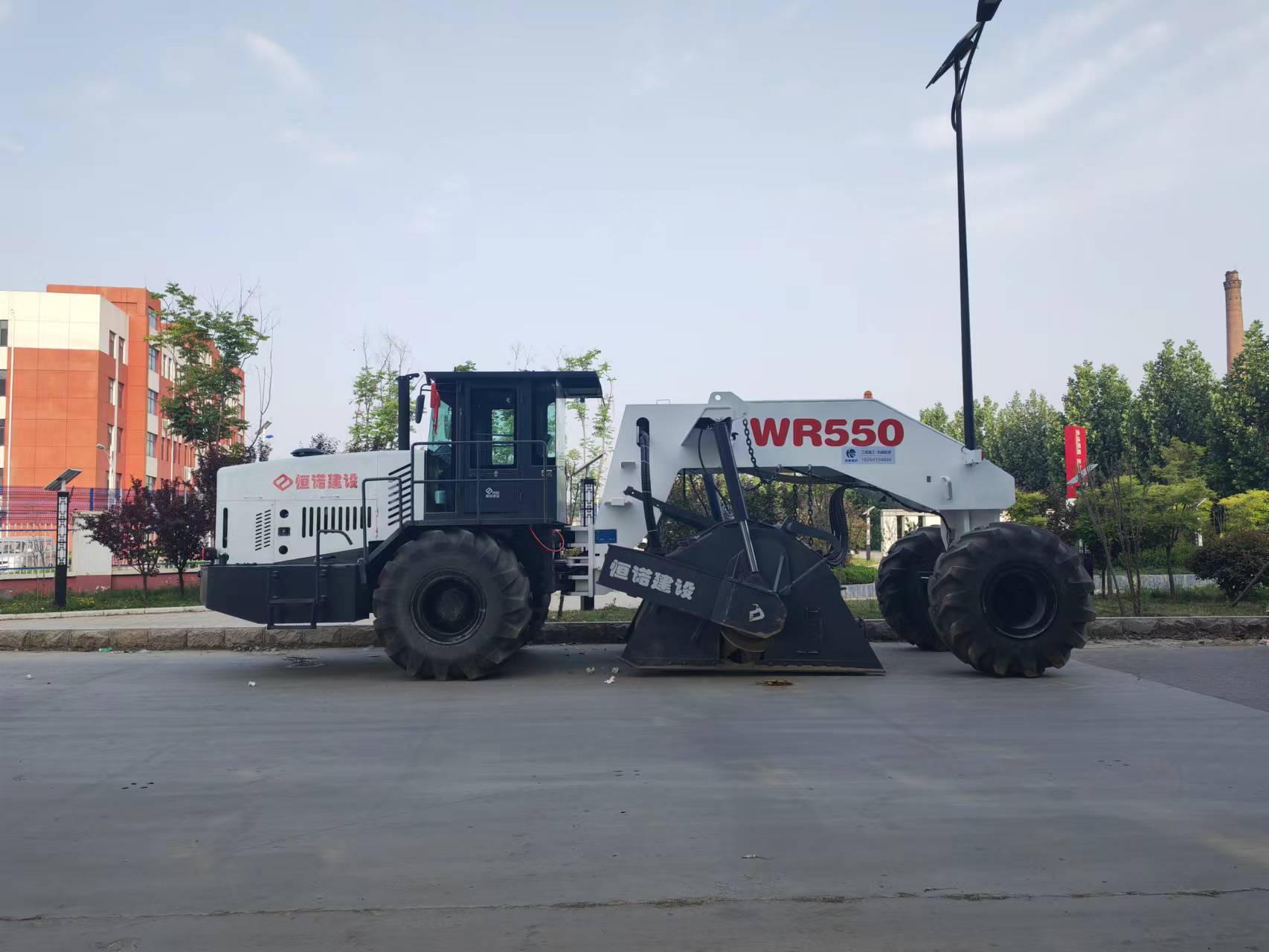
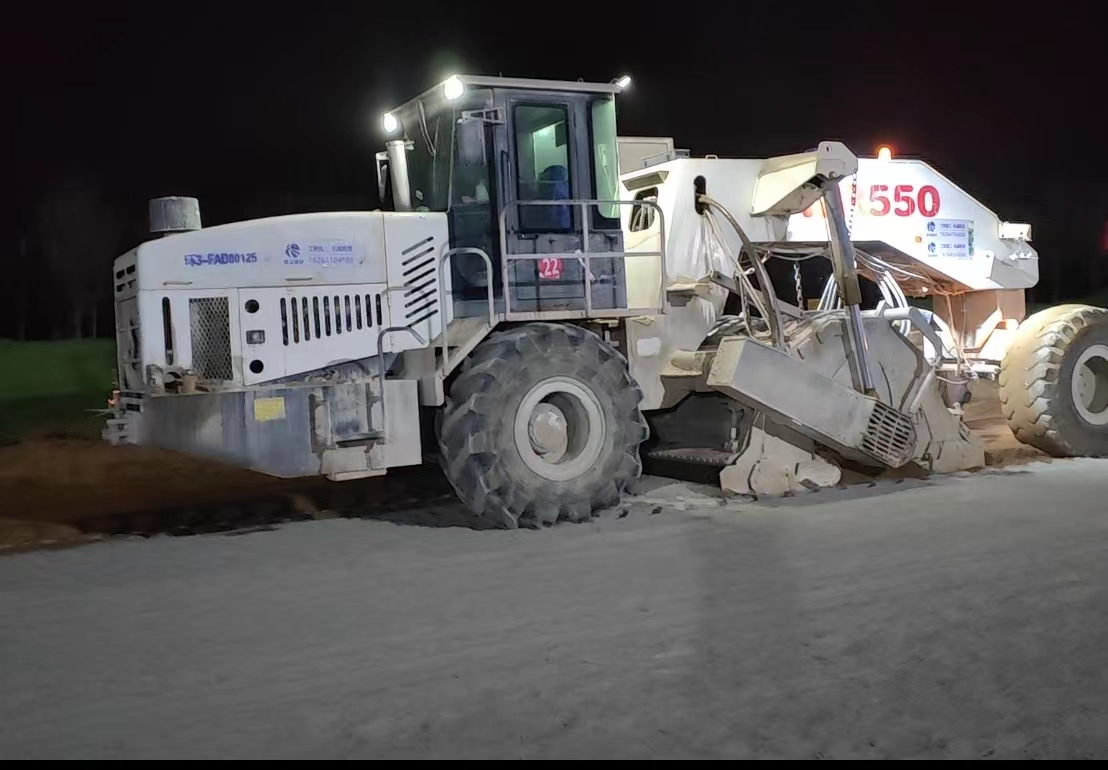
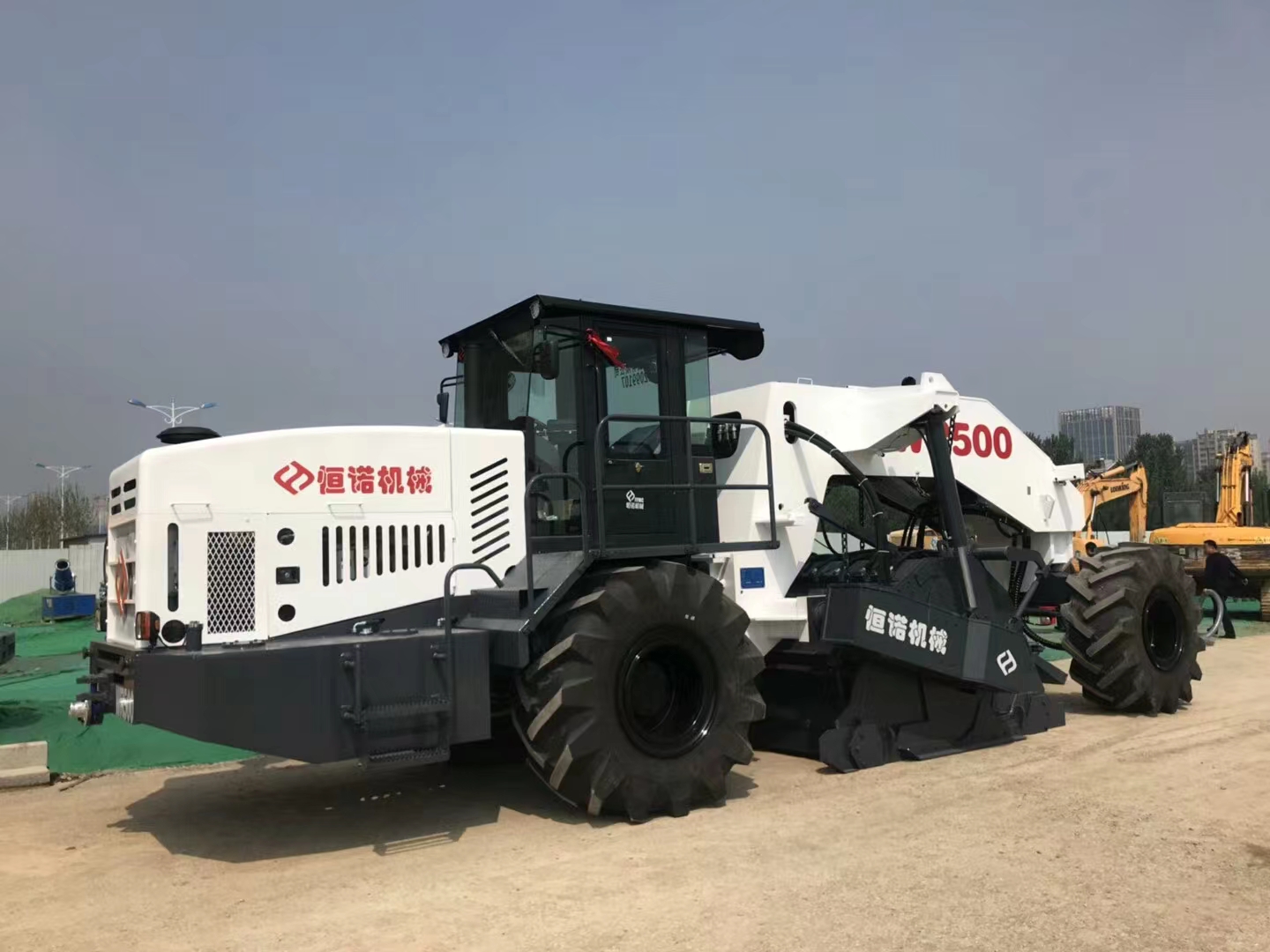
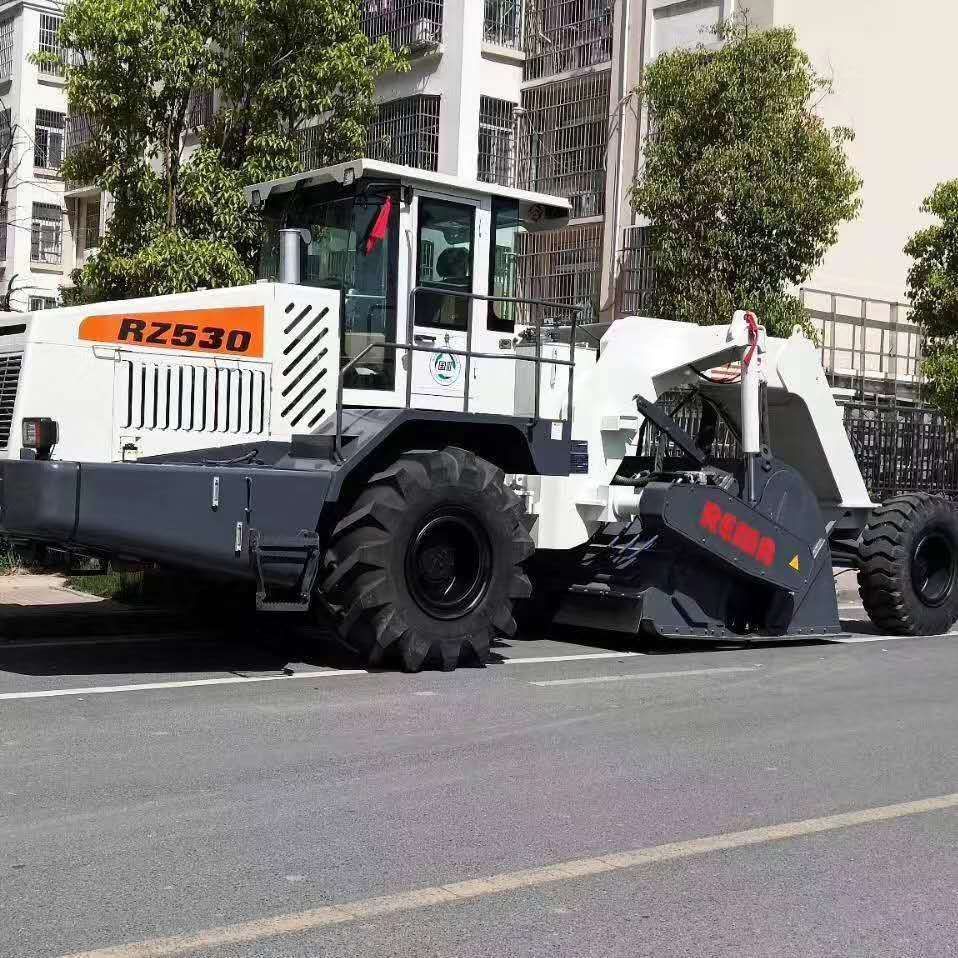
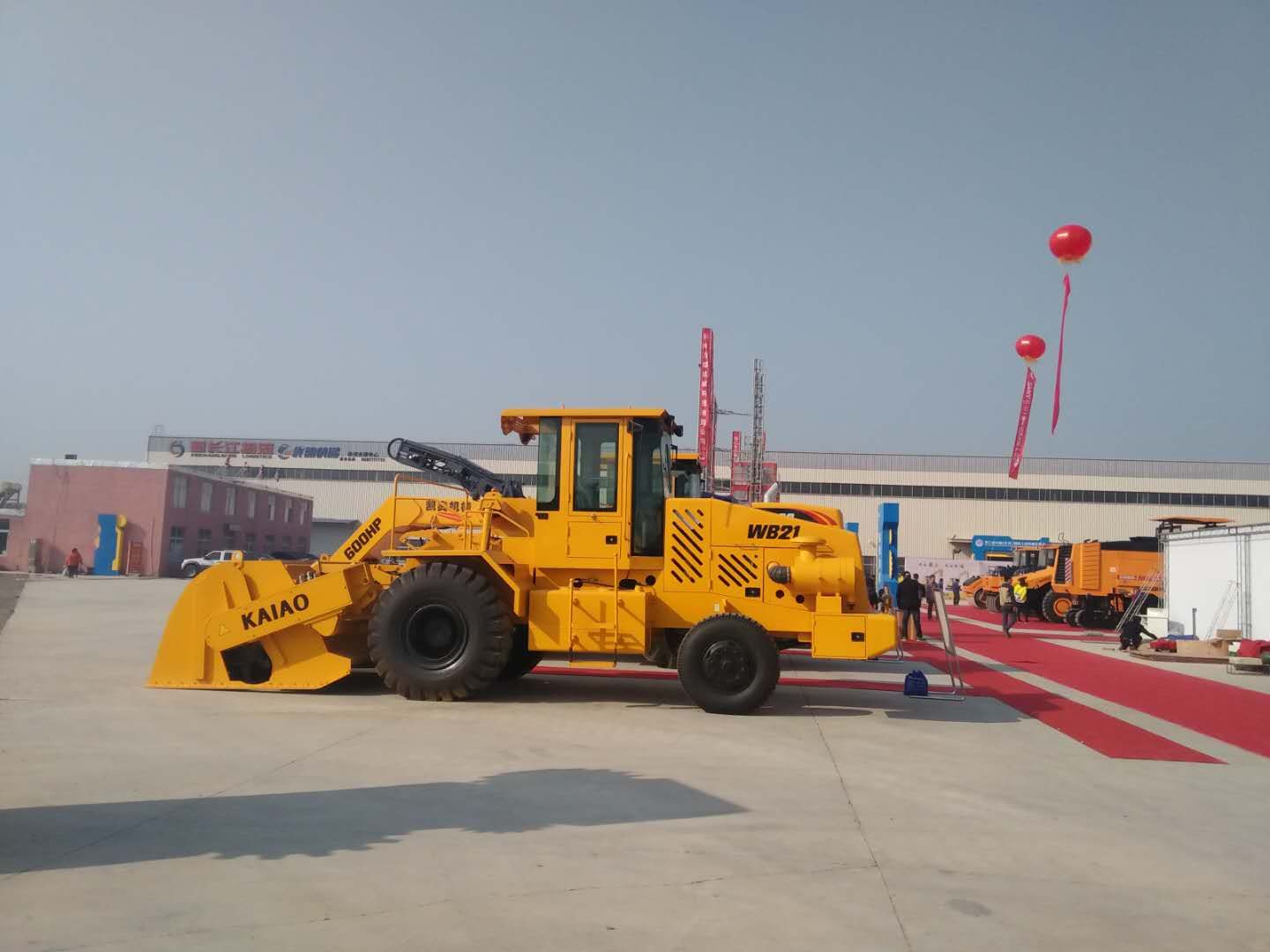
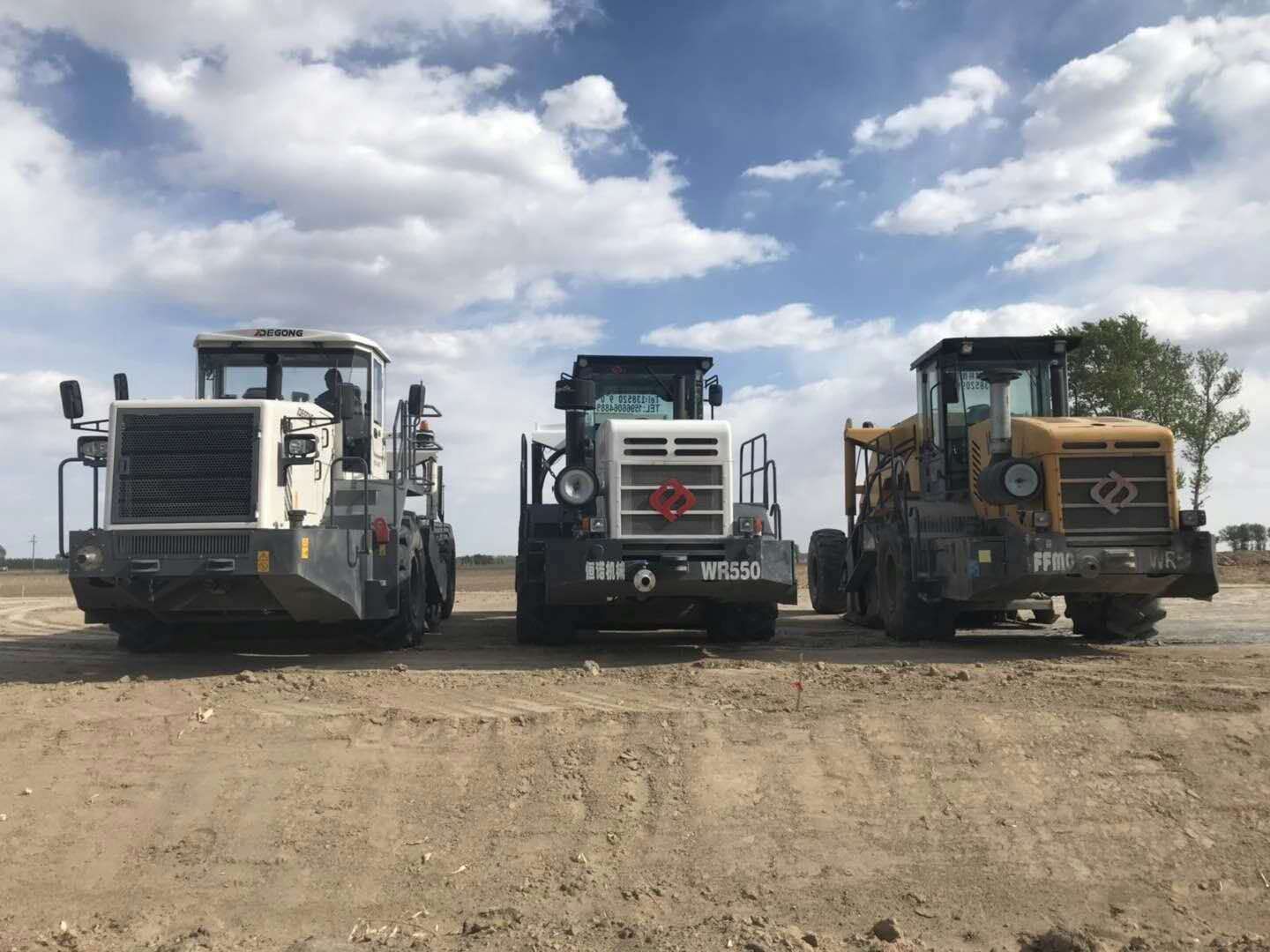
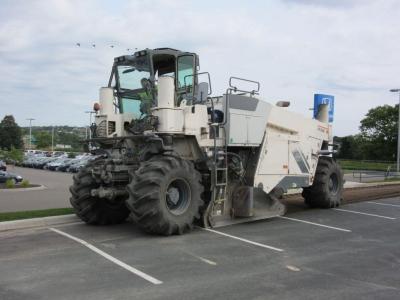
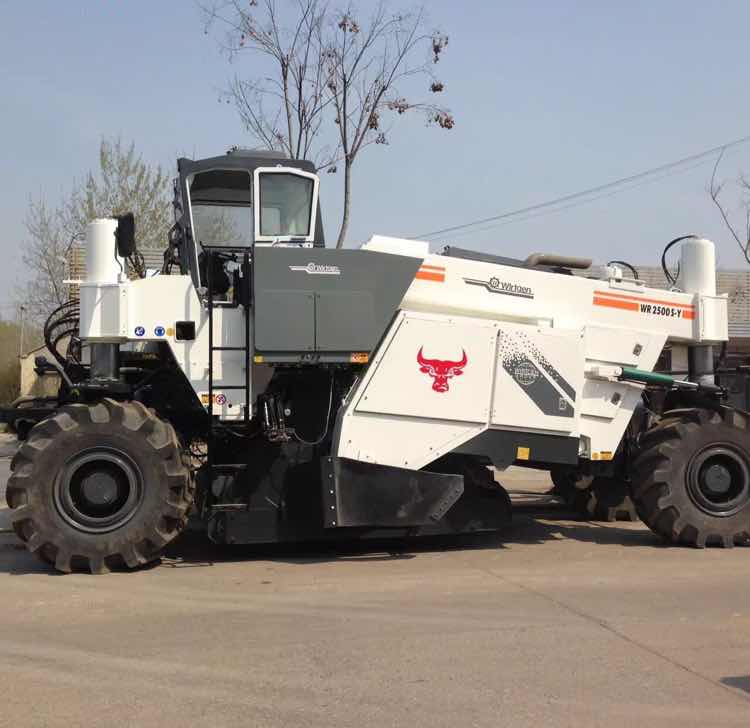
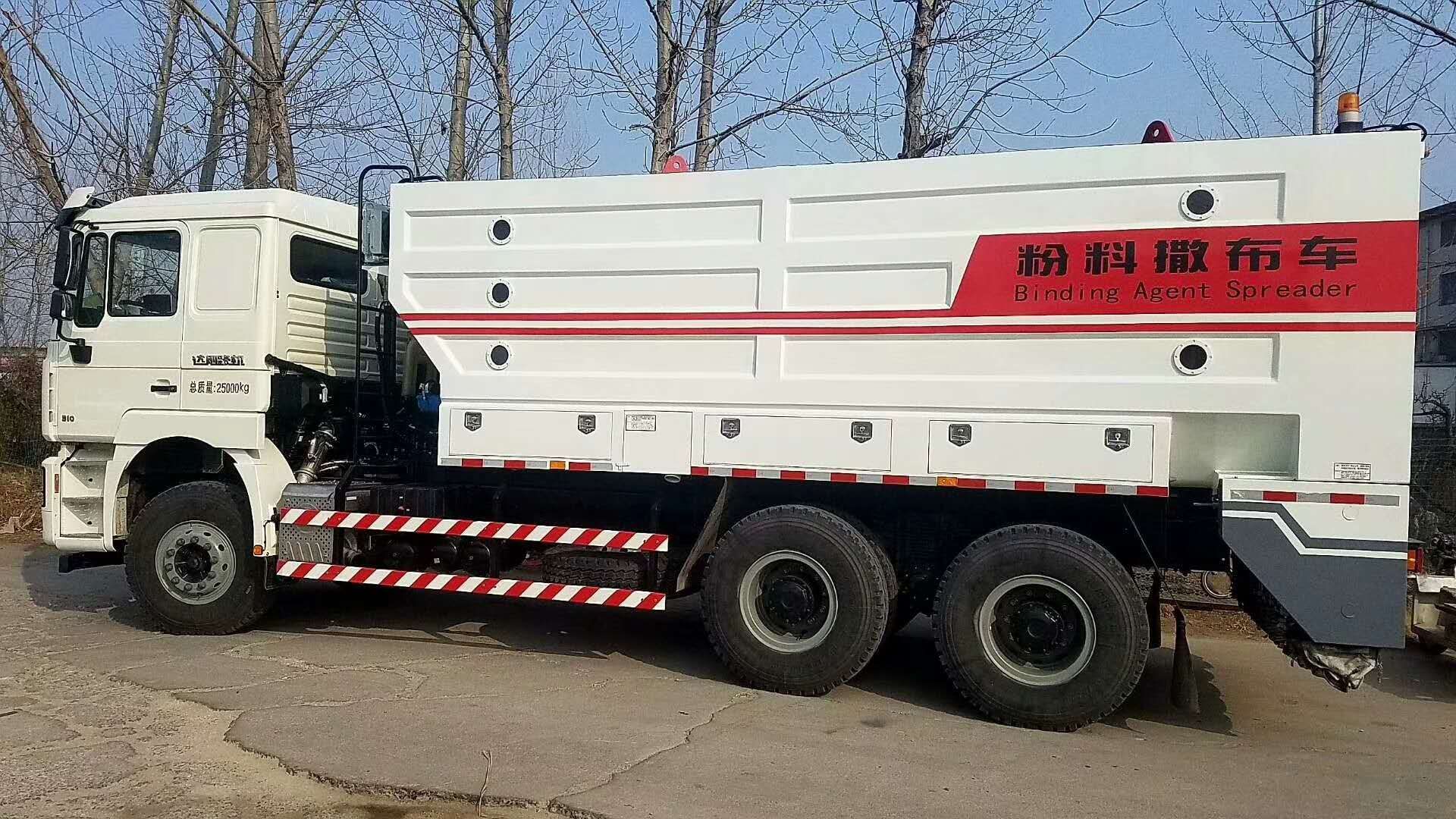
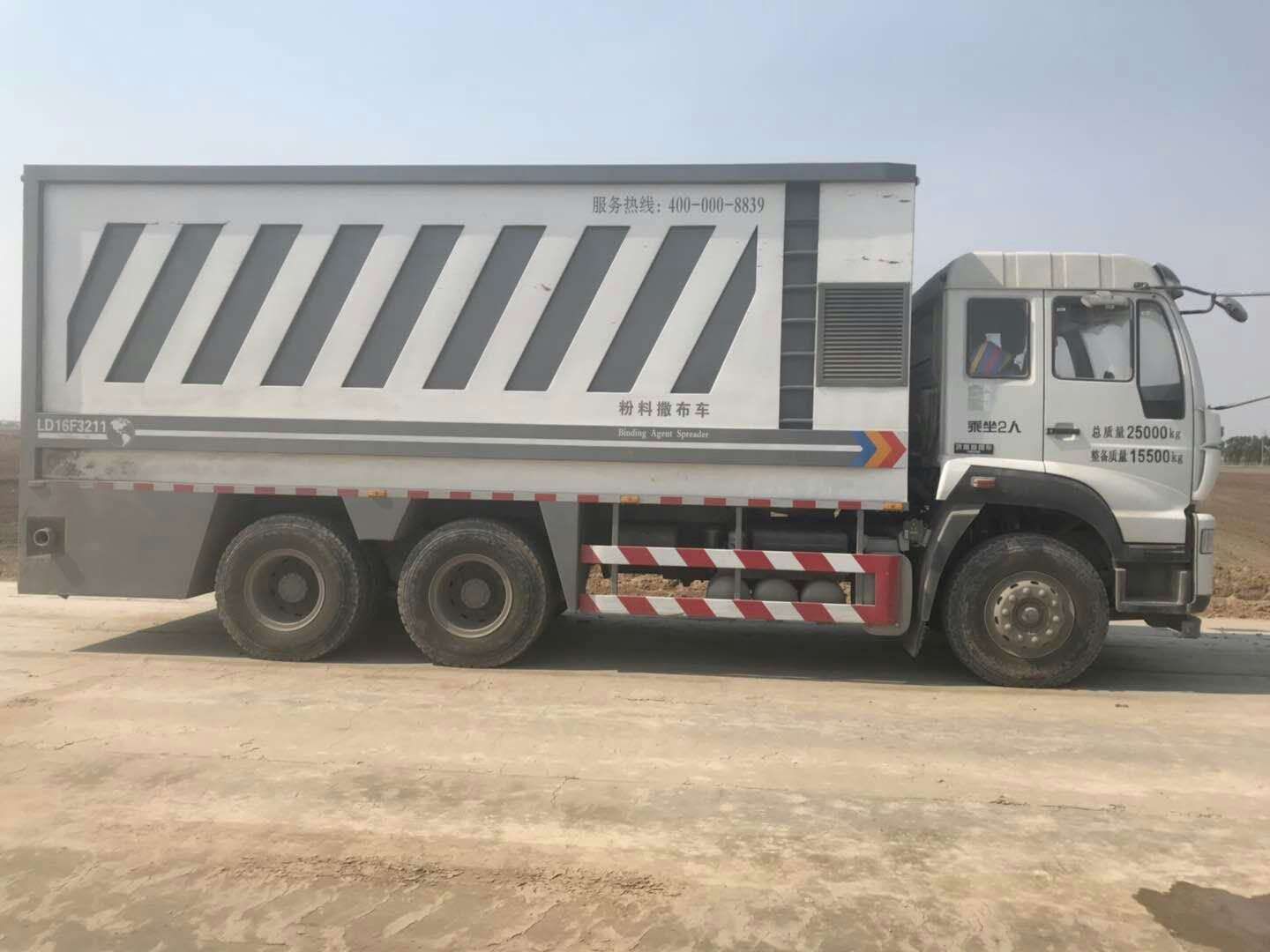
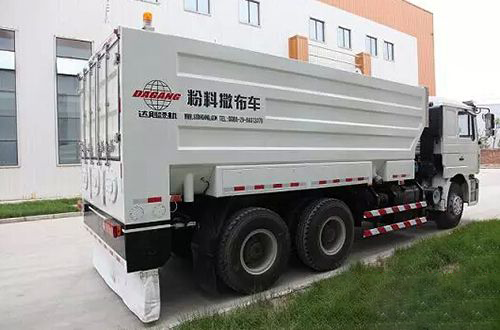
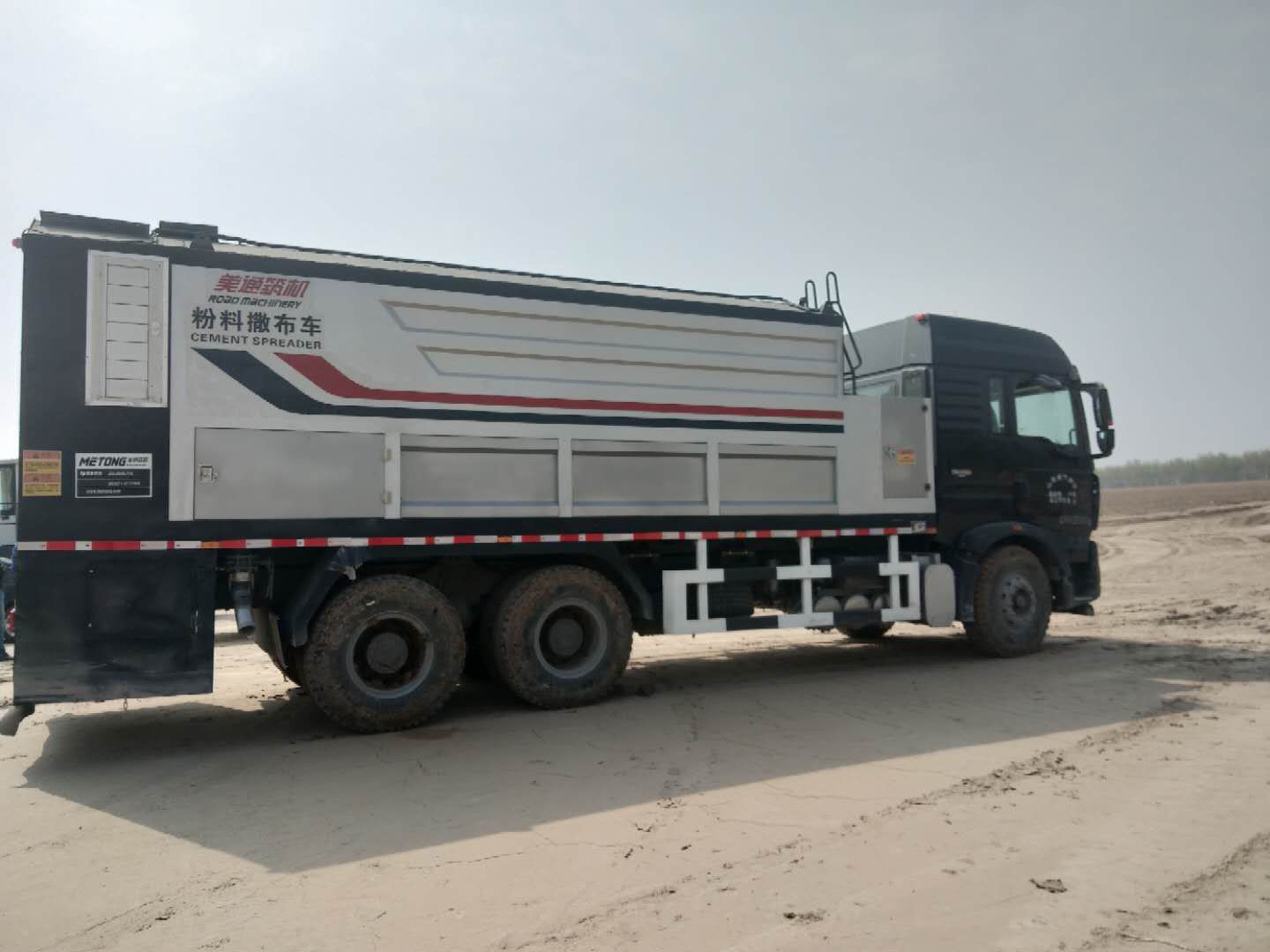
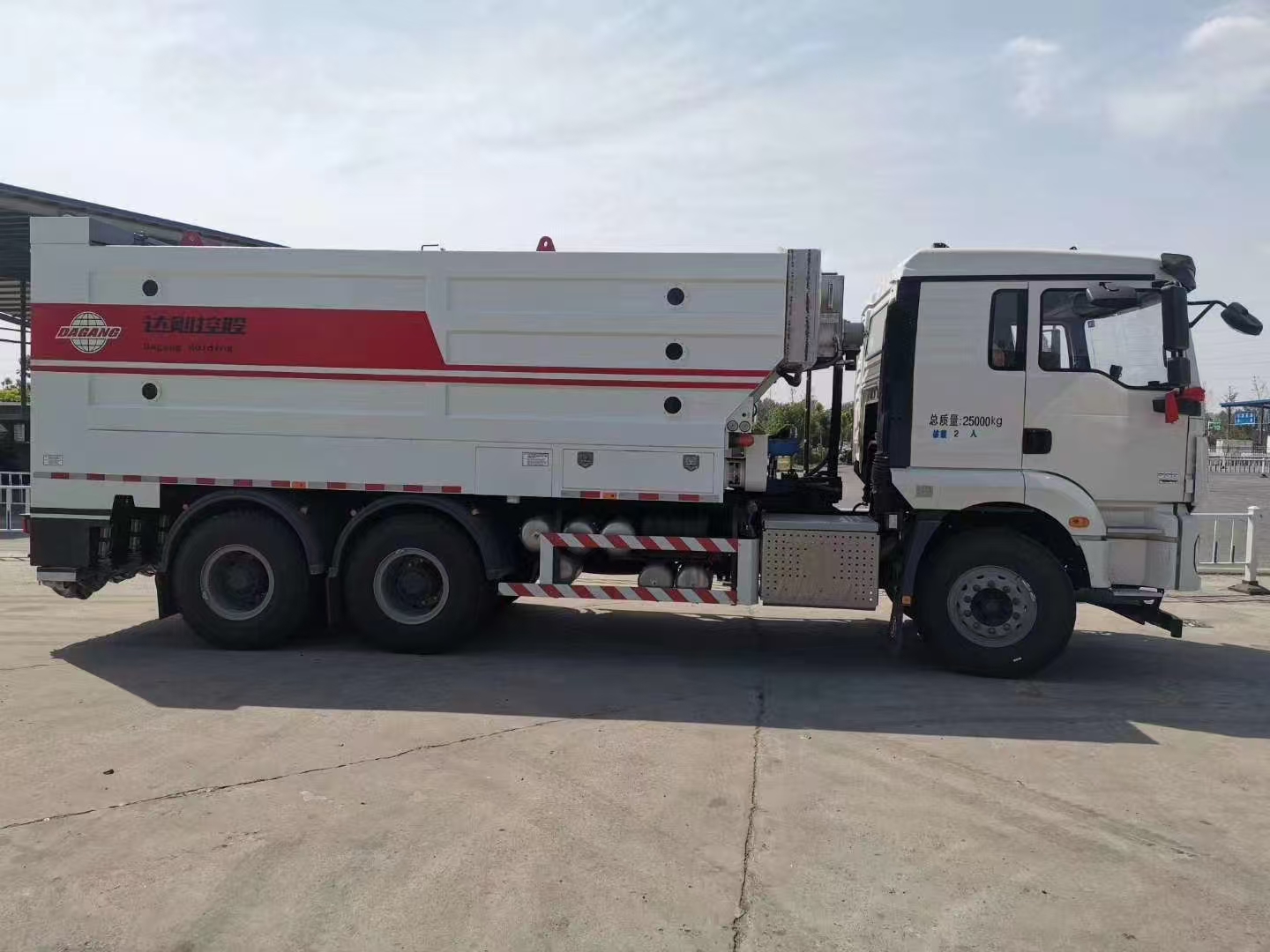




 公司地址:济南市槐荫区经一路273号群盛华城2号楼1-404
公司地址:济南市槐荫区经一路273号群盛华城2号楼1-404 公司名称:山东途畅路桥工程有限公司
公司名称:山东途畅路桥工程有限公司  备案号:
备案号: